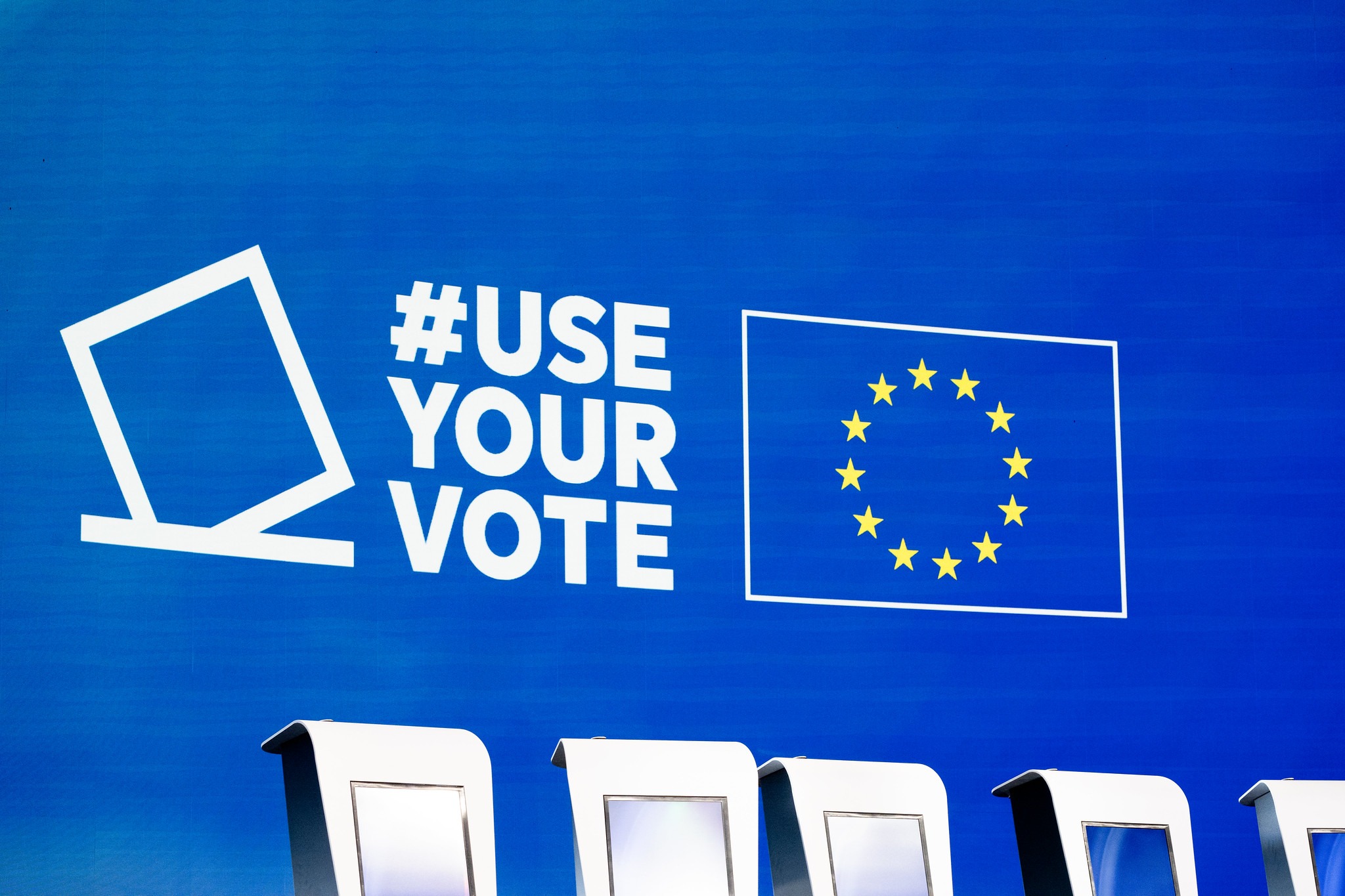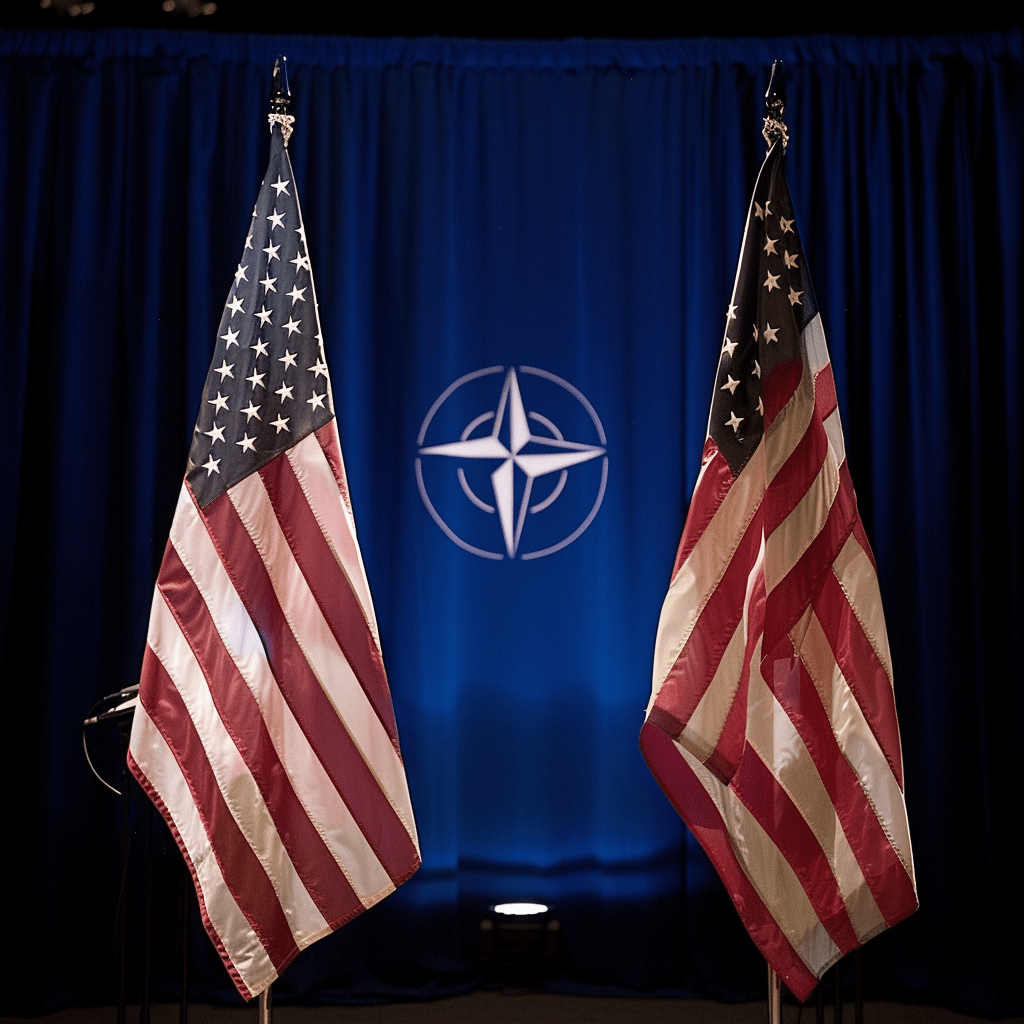Report
Estonia Weekly: Treason Conviction in Estonia Cast as “Russophobia” by Pro-Kremlin Voices
Pro-Kremlin online commentators spread messages about “political repression,” “Russophobia,” and a liberal culture war in Estonia allegedly aimed at silencing dissent and undermining traditional values.
Weekly Reports
Lithuania Weekly: Commission Inquiries and Resignation
This week, Lithuanian media outlets known for their Kremlin-aligned views focused heavily on local news stories.
Read moreLatvia Weekly: Railbaltica and Russophobia
During the examined week, the narratives primarily focused on domestic issues relating to corruption and Russian language policies.
Read moreEstonia Weekly: EU Parliament and Inequality
This reporting week, they targeted various issues, mainly focusing on Kaya Kallas’s acceptance to work in the EU parliament.
Read moreLithuania Weekly: Local Politicians and European Union
During this reporting week, several Lithuanian media sources with a pro-Russian stance have continued to prioritise domestic news.
Read moreLatvia Weekly: Russophobia and language
During the examined week, the primary narratives relate to the current government’s corruption and incompetence.
Read moreEstonia Weekly: US and delegitimisation of NATO
This week, various narratives were espoused, focusing on security issues and the war in Ukraine.
Read moreLithuania Weekly: Resignation of Another Minister
This week, specific Lithuanian media sources with pro-Kremlin leanings have prioritised coverage of domestic affairs.
Read moreLatvia Weekly: Pride Month and RailBaltic
During the examined week, the primary narratives surrounded domestic issues with a focus on the incompetence of the current government and the corruption within it. More attention has been given to the RailBaltic project, which the authors attempt to portray as an indicator of how corrupt the government is.
Read moreEstonia Weekly: USA and Russophobia
In the reporting week, there were posts that focused on sowing distrust in the USA and President Biden, as well as Russophobia shown in the vandalism of statues and monuments, and a post about the war in Ukraine and protecting Russian speakers from harm in the war from Ukraine.
Read moreShowing 208 to 216 of 332 results
Don’t miss a story.
We publish stories that change laws, lives, minds and the world. Subscribe to our newsletter to get our investigations delivered to your inbox.








